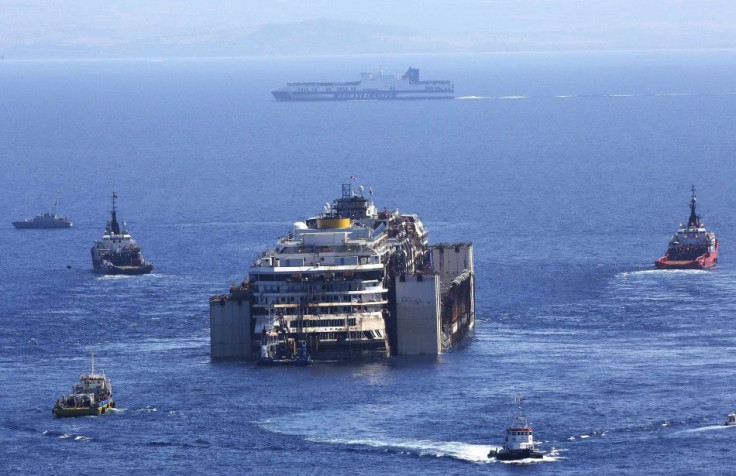No Government Official Present To Welcome RV Investigator, CSIRO's $120M Research Vessel

CSIRO's 94-metre science ship, RV Investigator, costing $126 million, arrived at Hobart on Tuesday after travelling for two weeks from a Singapore dockyard where it was built. Though there were scientists and engineers waiting with bated breath, not a single government official was present to welcome it.
Though CSIRO's RV Investigator got delayed by a year, the entire community of scientists, engineers and their families, who had gathered to welcome it, was excited. However, labor industry spokesman, Kim Carr, was disappointed that no government official was present when the RV Investigator, weighing 6082-tonne, arrived.
"The value of this ship to Australian science and industry is immense, but the government doesn't even think it's important enough to have a duty senator turn up for its arrival. It's quite clear the government doesn't understand how important the CSIRO is to Australia," said Carr.
The most expensive marine research facility ship will now replace the Southern Surveyor, which has already been sold by the federal government. Research equipments worth $7 million will be fitted in the new vessel.
RIV Investigator is 10 decks high and puts Australia into the marine science big league, said Sydney Morning Herald. The ship can carry a maximum of 40 scientists at a given time and can remain in the sea for 60 days at a stretch without refuel. Researchers are hoping this new modern vessel, complete with the latest technology, helps in exploring the ocean in the most effective manner. The old ship could carry not more than 12 scientists.
Industry minister Ian Macfarlane, the man behind CSIRO, said the ship was funded for 180 days' sea time annually. Macfarlane was in Cranberra at the time of the arrival of Investigaor.
Though the RV Investigator will be operated by CSIRO, all scientists from various fields can use the ship for their science projects. Toni Moate, executive director of the CSIRO's Future Research Vessel Project, said the initiative has already received 30 applications, which means the ship is already booked for 800 days at sea between the years 2015 and 2016.
"There is absolutely no shortage of scientists looking forward to getting on board. We're in the process now of starting to talk to the people who were successful. Even when we announce the people we call primary voyagers, we go out and say we still have some space on this vessel so others can come on board and do their science at the same time," The Australia quoted Moate as saying.
RV Investigator's weather ball on the ship can assess the atmosphere 20 kilometres high and for 300 kilometres around the ship, said researchers. Further, the stabilisation system in the vessel is so good that a bottle of water stayed in the same position on a desk throughout its two-week journey from Singapore.





















